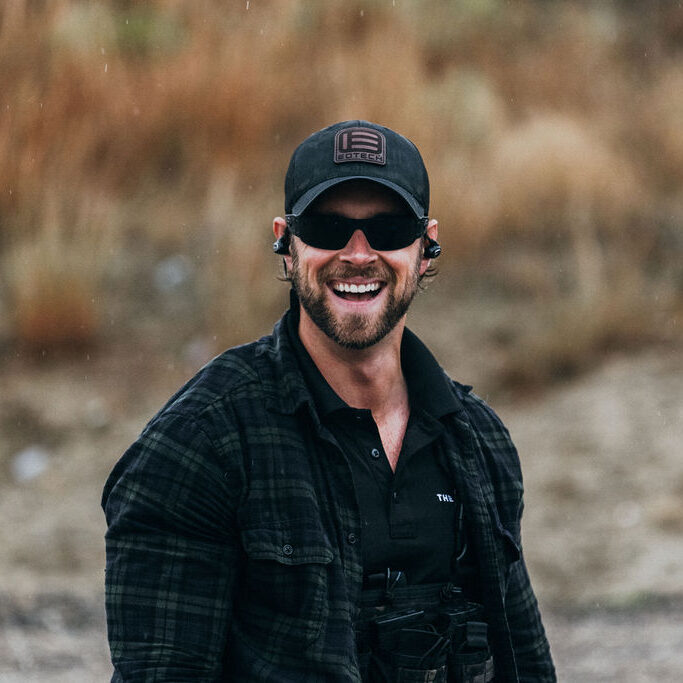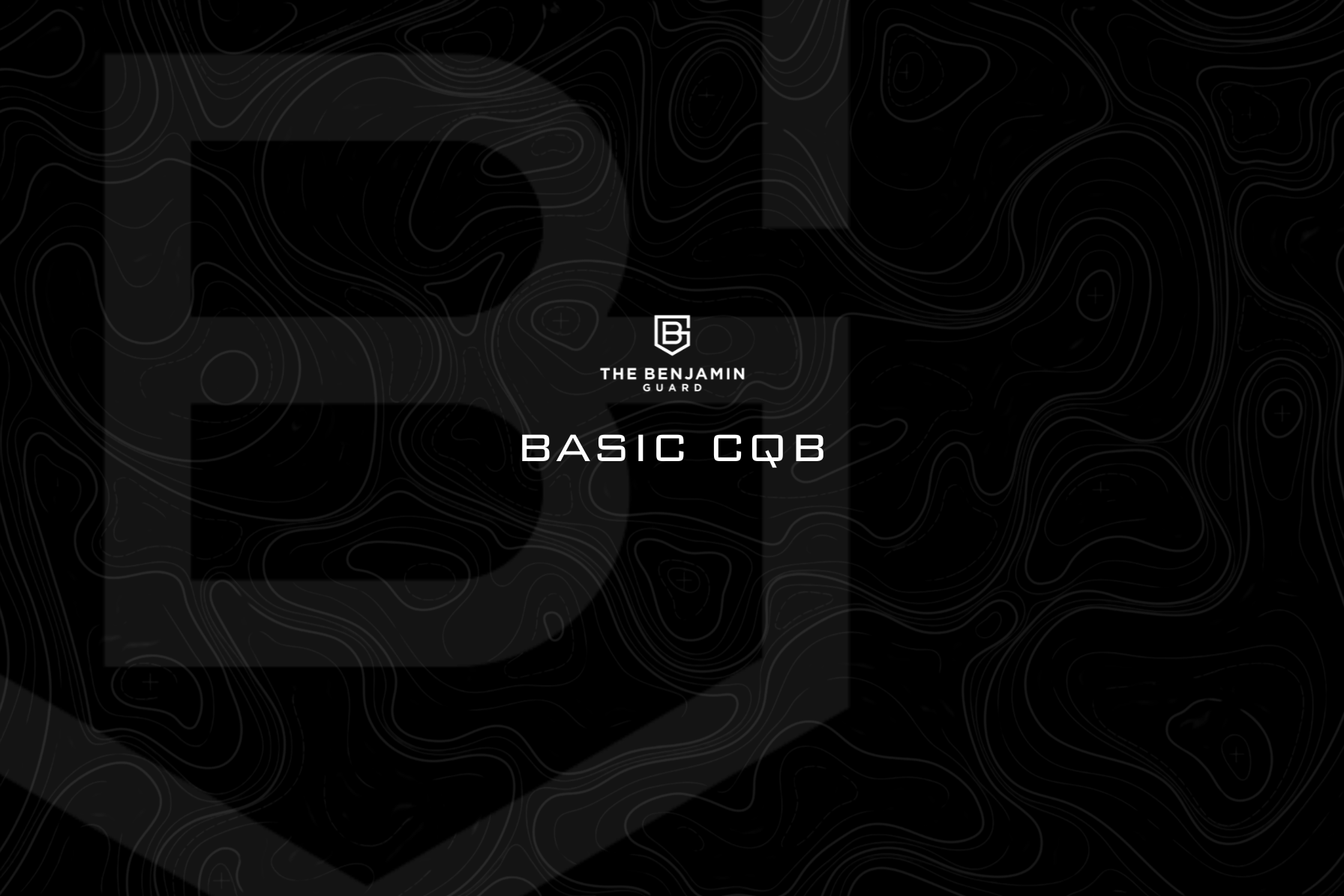Schedule
TCCC
About this event
This Tactical Combat Casualty Care (TCCC) course is a two-day, hands-on class, offering Benjamin Guard certification in trauma response specifically designed for civilian application. Our curriculum has been tailored by operational instructors and adapted from NAEMT guidelines to make the information highly relevant for everyday real-life scenarios. This intensive training focuses on the MARCH algorithm—Massive hemorrhage, Airway, Respiration, Circulation, and Hypothermia/Head injury—equipping you with the skills to respond to trauma emergencies whether for self-care or aiding others.
Throughout the course, you’ll learn to assess and treat life-threatening injuries in a tactical setting, using both simulated scenarios and realistic tools. Instructors with extensive combat and medical experience will guide you through techniques to stop severe bleeding, secure airways, manage circulation, and prevent shock, preparing you to act effectively in the moments that matter most. This course is ideal for those who want to be ready for emergencies, especially in high-risk or remote environments.
Date and time
TBD
Location
The Benjamin Guard Headquarters, 13250 TX 11, Cumby, TX, United States
Training Topics
-
MARCH Algorithm
Massive Hemorrhage Control: Techniques for stopping life-threatening bleeding, including tourniquet application, wound packing, and pressure bandages.
Airway Management: Establishing and maintaining an open airway using basic and advanced techniques.
Respiration: Managing breathing injuries, including techniques for sealing chest wounds and recognizing respiratory compromise.
Circulation: Preventing shock and treating circulation-related injuries, including recognizing the signs of internal bleeding.
Hypothermia and Head Injury: Preventing hypothermia in trauma patients and managing head and neck injuries in a tactical environment.
-
Tactical Patient Assessment
Rapid and thorough trauma assessment in high-stress situations
Prioritizing treatment in multi-casualty scenarios
-
Self-Aid and Buddy-Aid Techniques
Practical self-care for when injured
Assisting others under challenging conditions
-
Movement and Extraction Techniques
Safe and efficient methods for moving injured individuals
Techniques for low-visibility and confined spaces
-
Use of Tactical Medical Equipment
Familiarization with tourniquets, chest seals, hemostatic dressings, and other critical gear
Improvised methods for when equipment is limited
-
Simulated Trauma Scenarios
Realistic practice of the MARCH algorithm in controlled yet intense settings
Scenarios to build confidence, speed, and accuracy in responding to injuries
Required Equipment
-
Personal Gear:
Comfortable clothing suitable for physical movement and kneeling
Eye protection for simulated scenarios
Gloves for hands-on training and medical practice
-
Additional Gear (optional but recommended):
Individual First Aid Kit (IFAK) with tourniquet, hemostatic dressing, and chest seal
Notepad and pen for taking notes
Prerequisites
-
No prior medical training required. This course is open to civilians with a desire to learn emergency trauma care skills.
Who Should Attend
-
Civilians interested in gaining practical trauma care skills for self-defense, personal safety, or outdoor activities. Ideal for those who may encounter remote or high-risk situations.
Instructor(s)
-
Collin Skees
Collin Skees is a veteran of Air Force Special Warfare, serving as a JTAC. He later worked as a CIA contractor in high-threat environments and has extensive experience in high-threat executive protection, safeguarding key personnel in some of the most volatile regions in the world.
Currently, Collin instructs anti-terrorism courses for the U.S. State Department and brings his expertise in tactics and firearms to The Benjamin Guard, delivering top-tier training to military, law enforcement, and civilians.
The Benjamin Guard Training
The Benjamin Guard provides individuals with diverse and specialized skills in firearms and personal protection.




